
Browse all content tagged with this keyword.
Showing 58 results
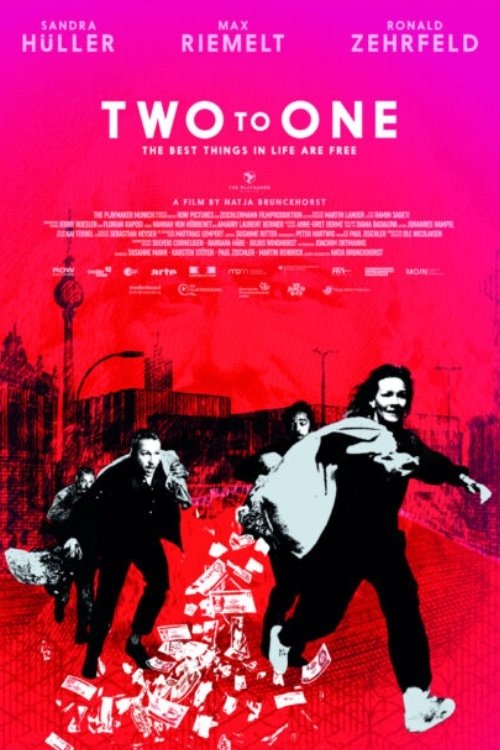
An East German community finds millions in soon-to-be-worthless marks during...
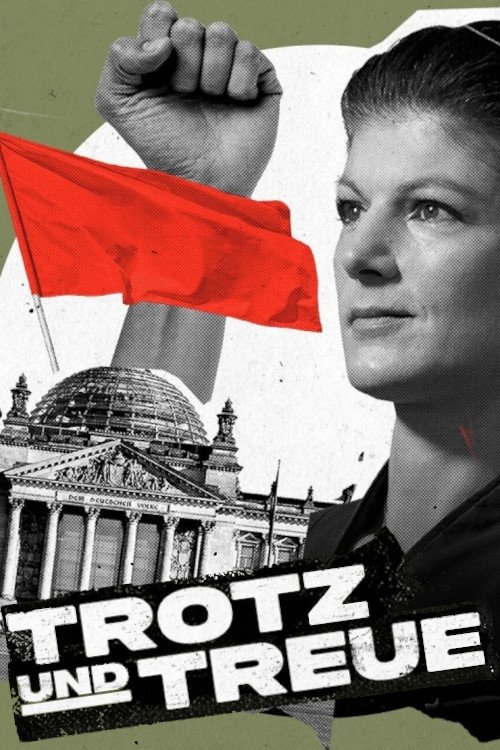
2024 is likely to be a decisive year for Sahra...
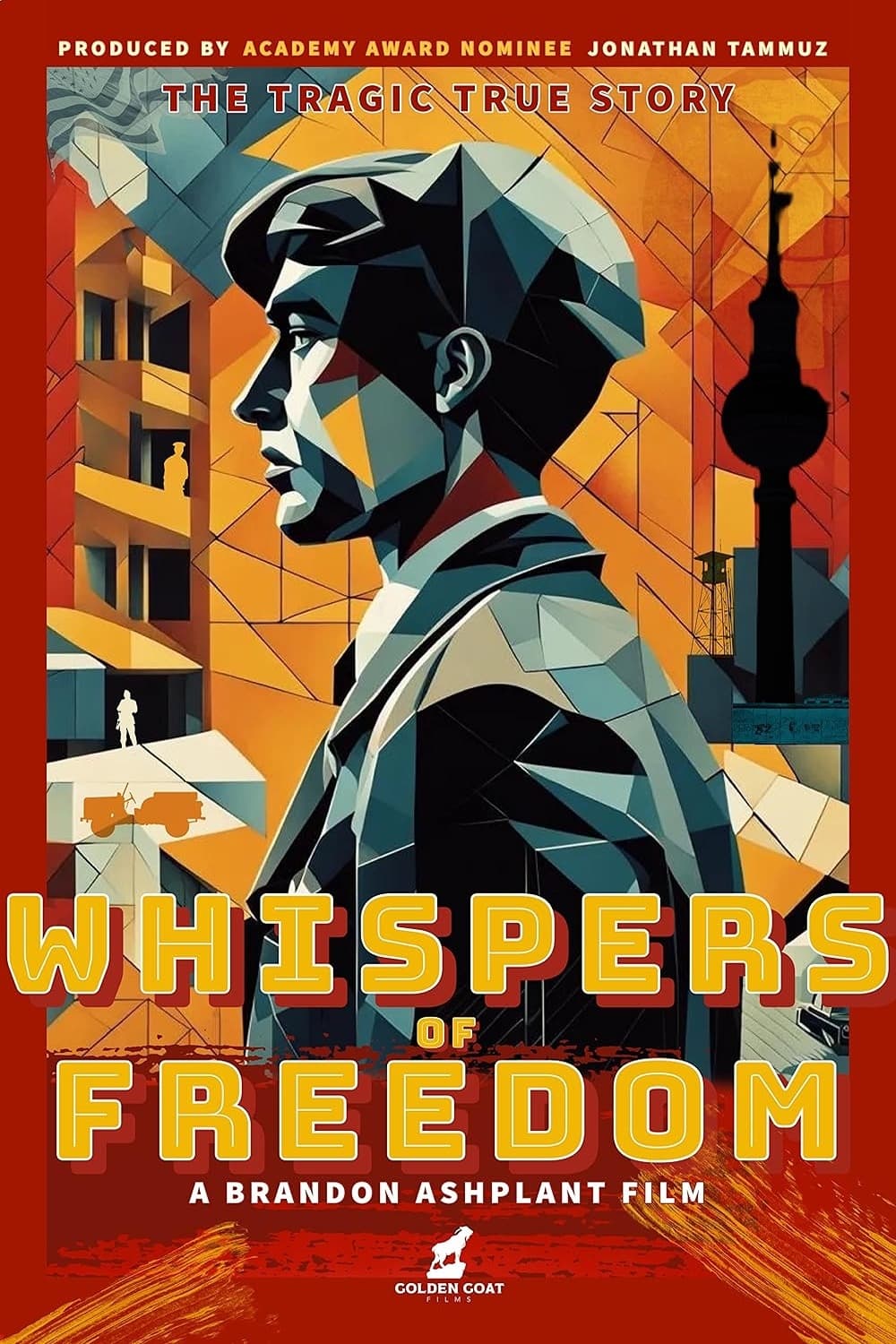
When Chris Gueffroy becomes increasingly disillusioned with his life in...

After the fall of the Berlin Wall, citizens of East...
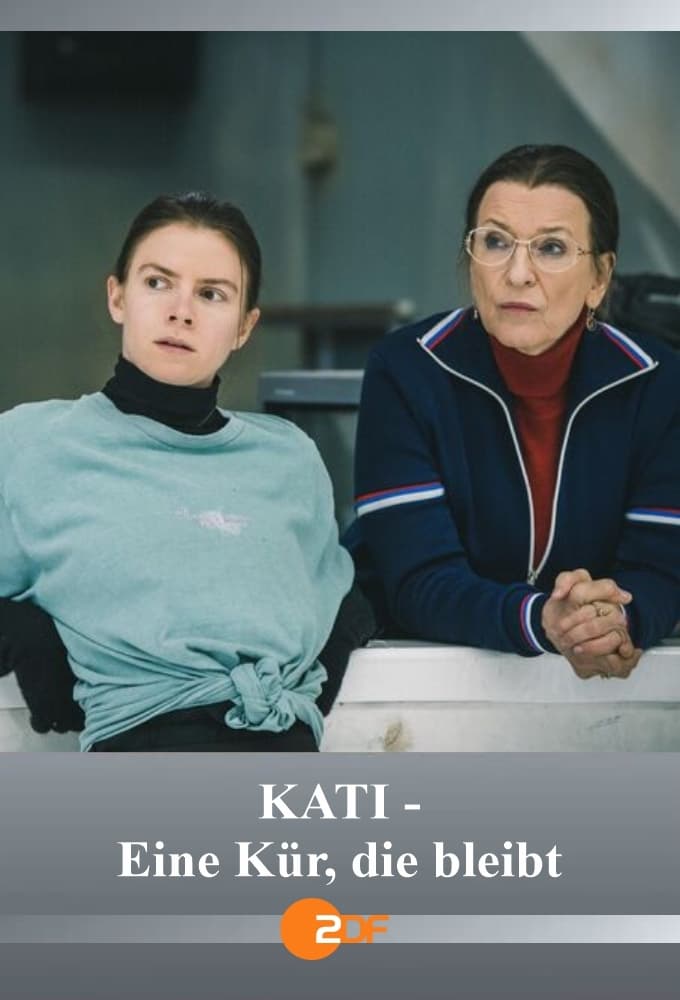
Four years after the end of the German Democratic Republic,...
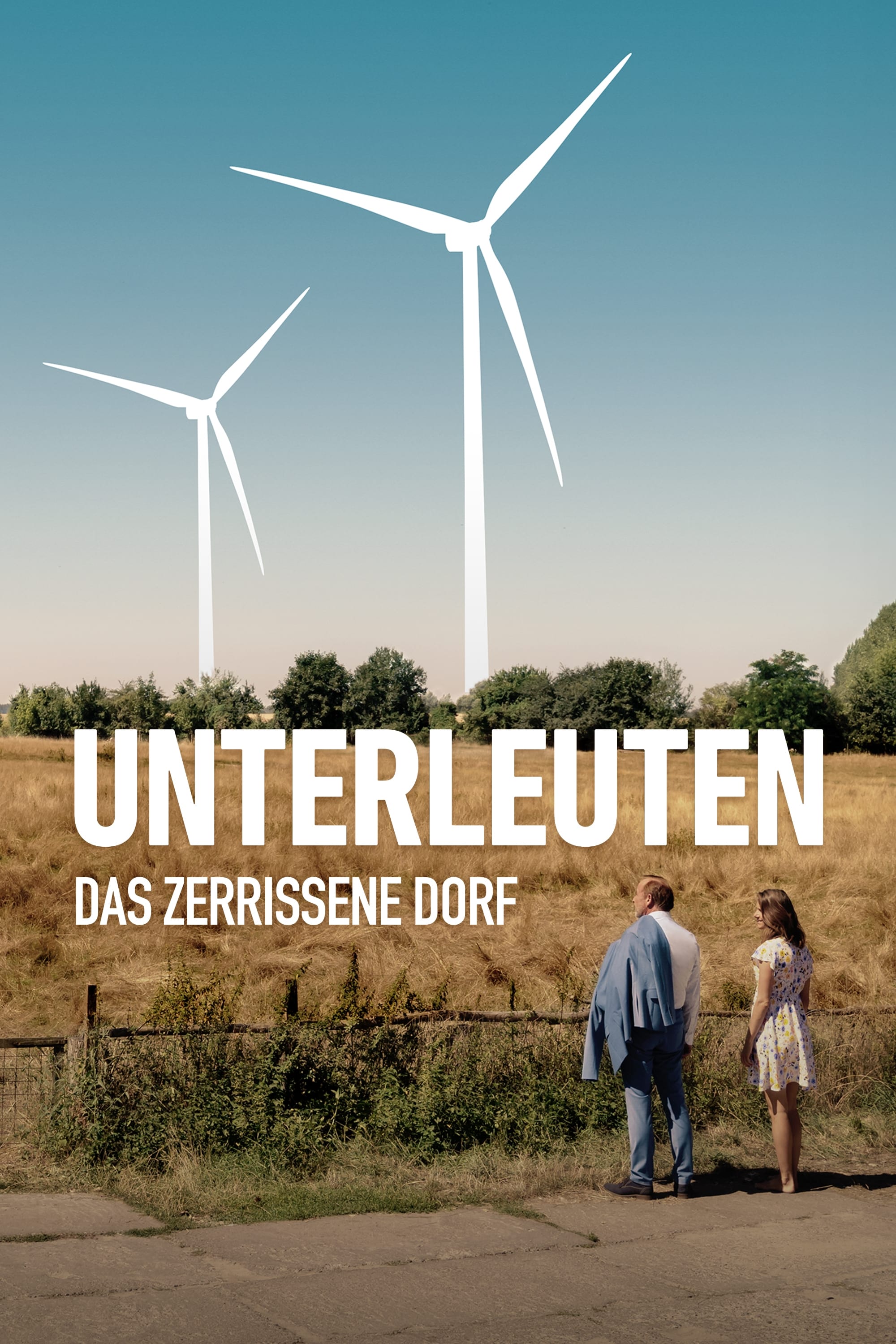
In the middle of untouched nature, surrounded by forests and...
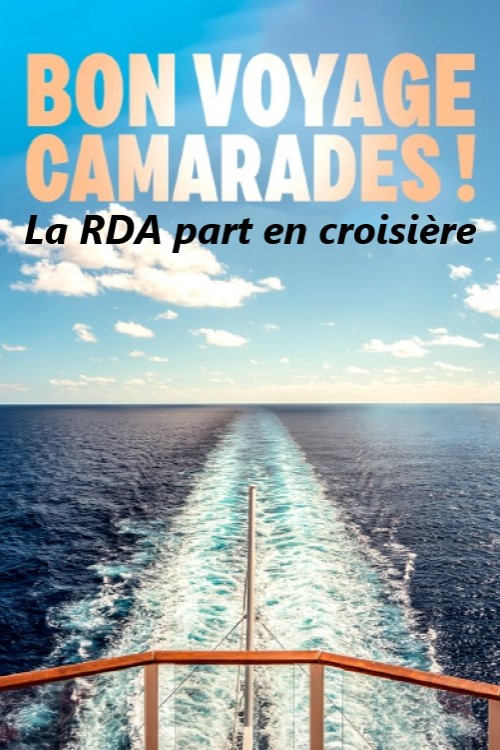
When luxury invited itself to the paradise of socialism... For...
The documentary focuses on the future of mobility and as...
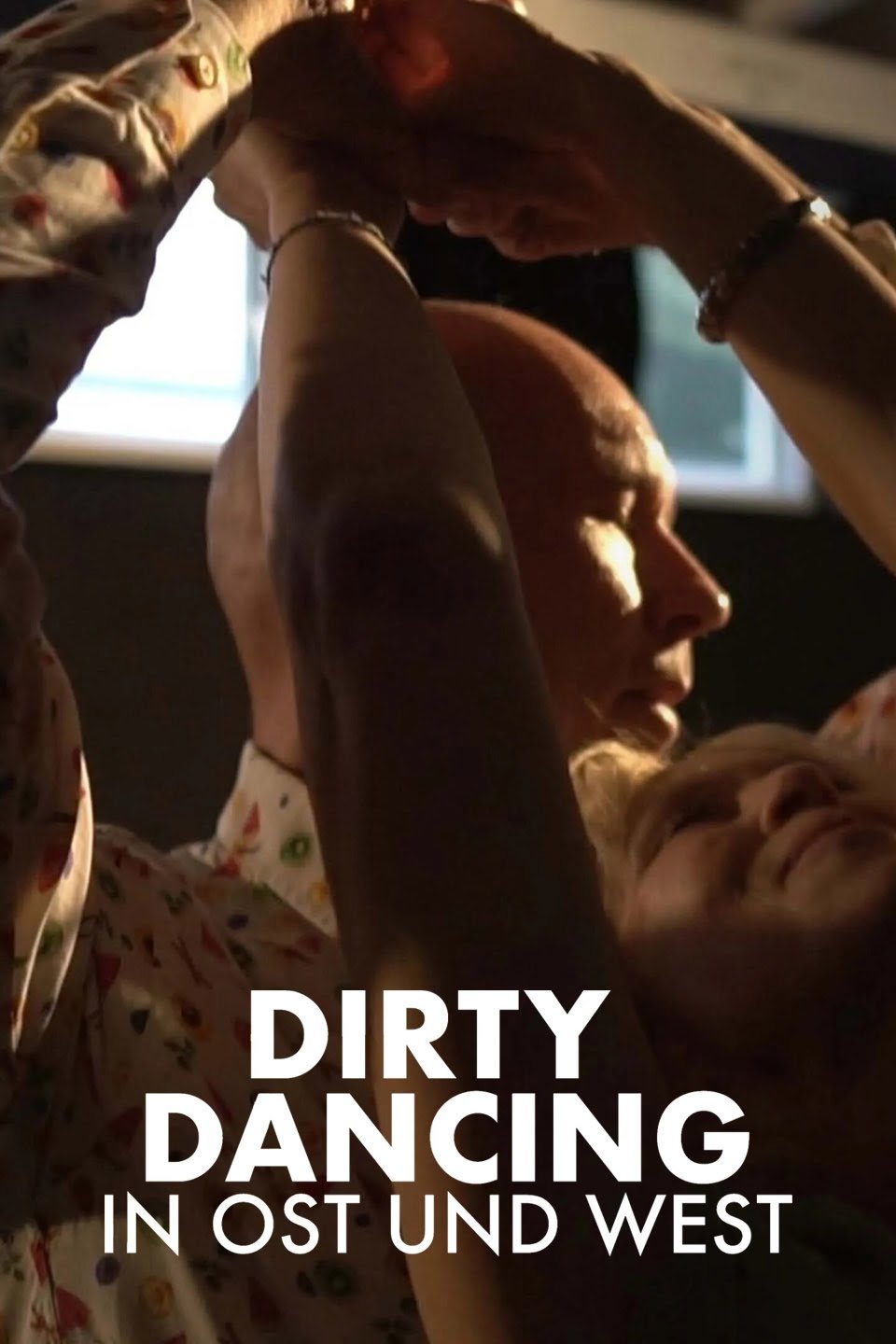
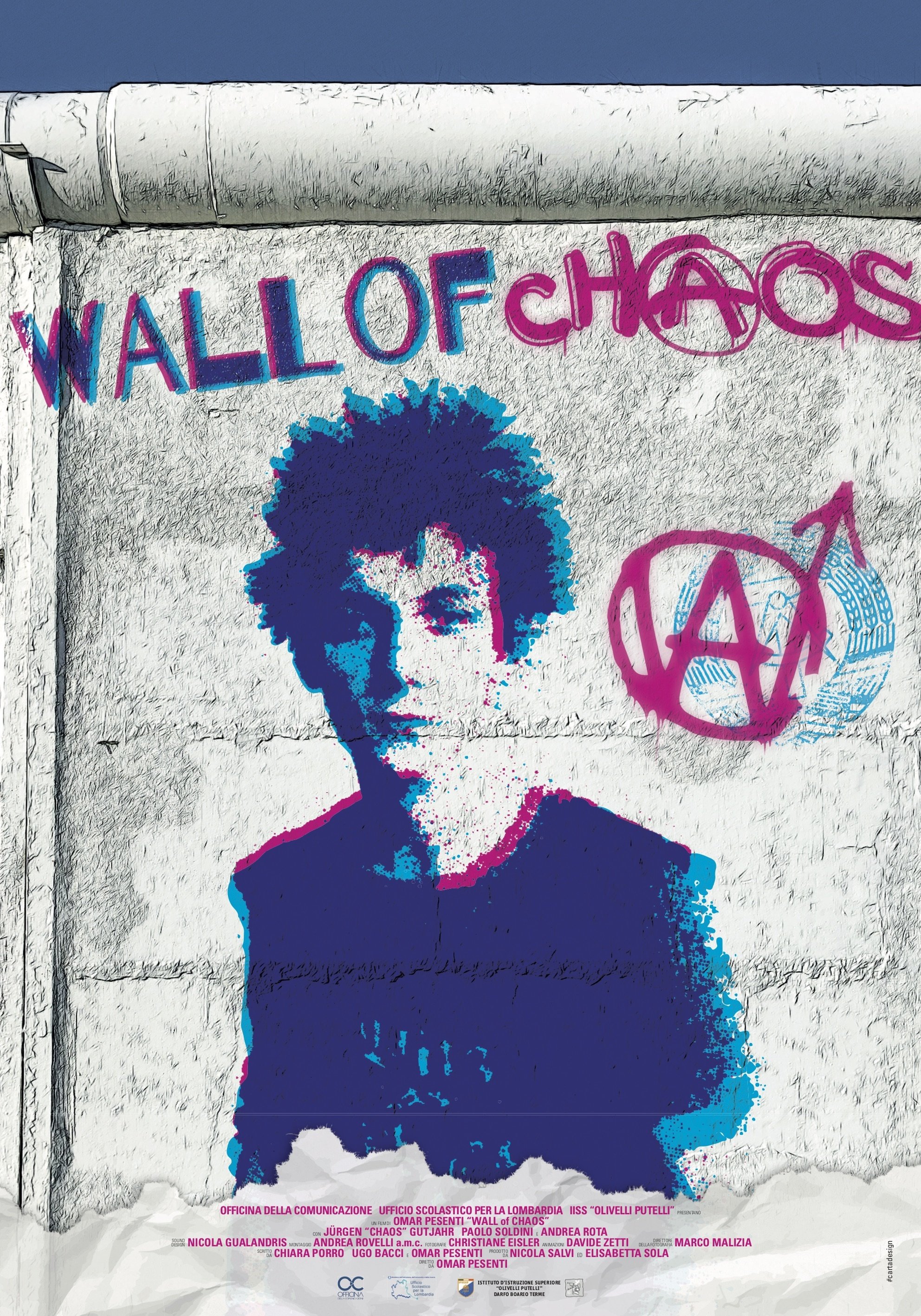

After the fall of the Berlin Wall, thousands of documents...

Portraits six lesbian protagonists from rural and metropolitan parts of...
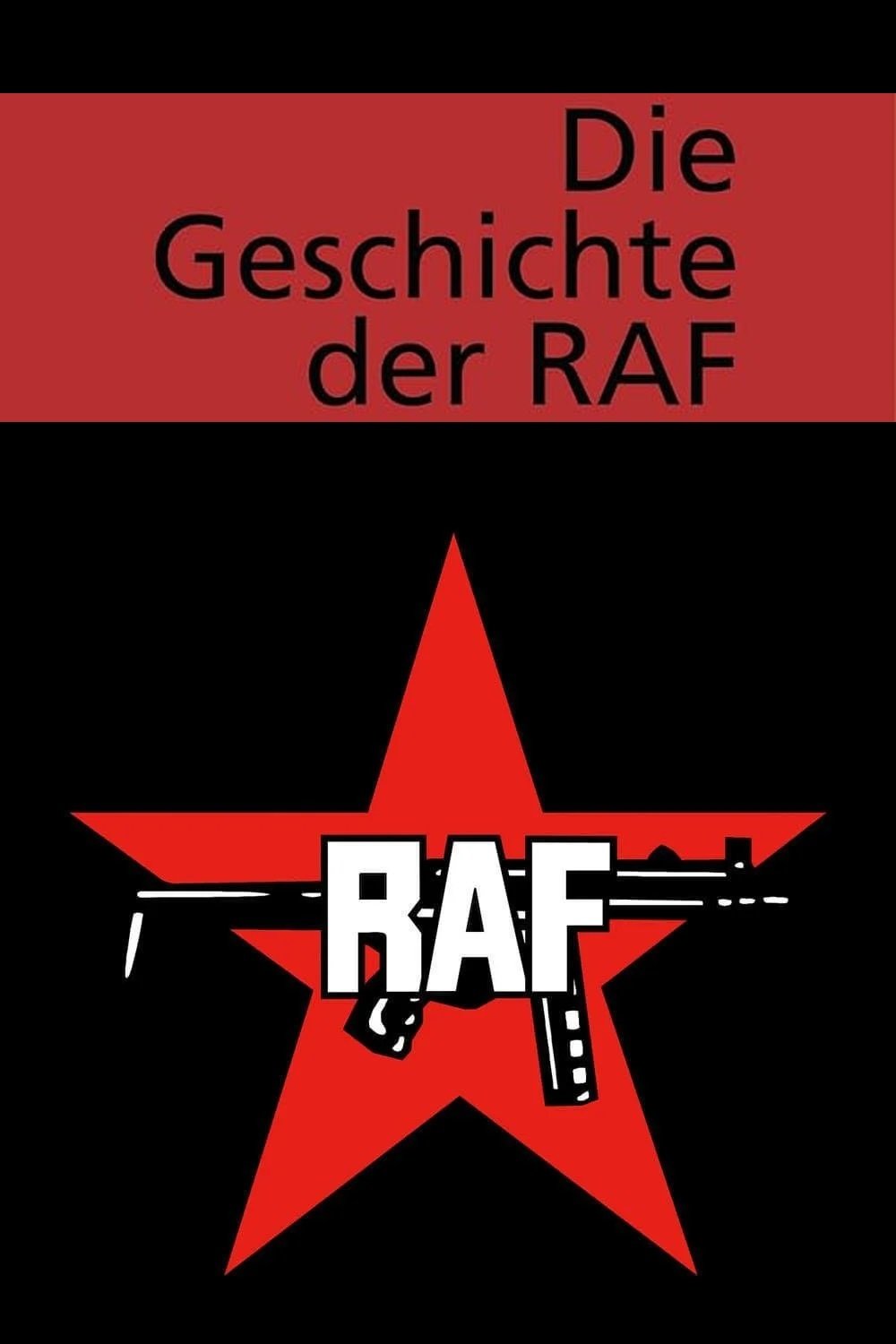
In 2014, Germany television network ZDF commissioned a comprehensive TV...